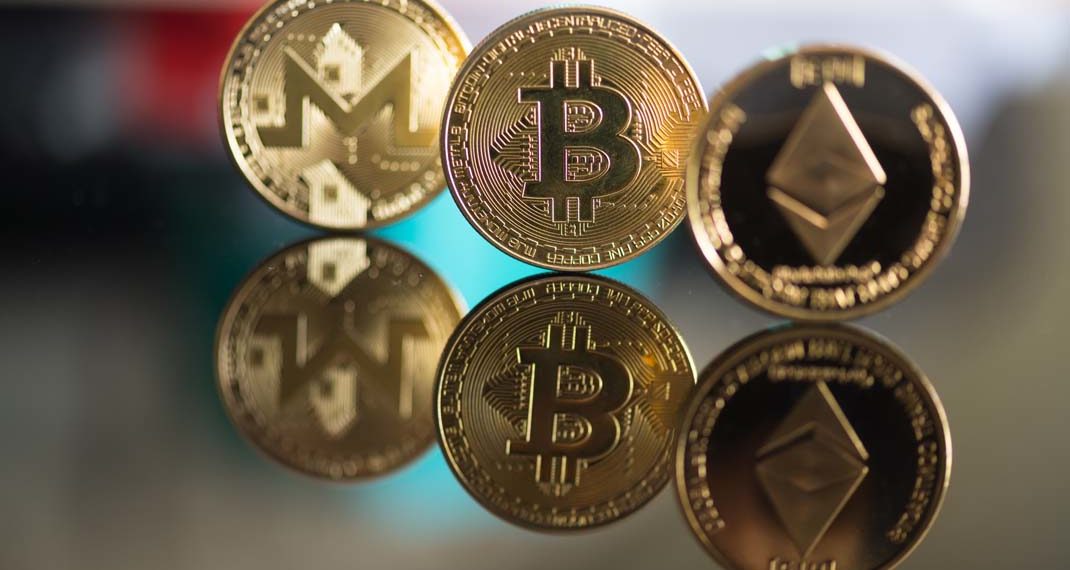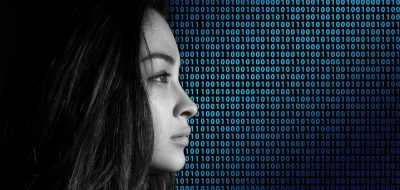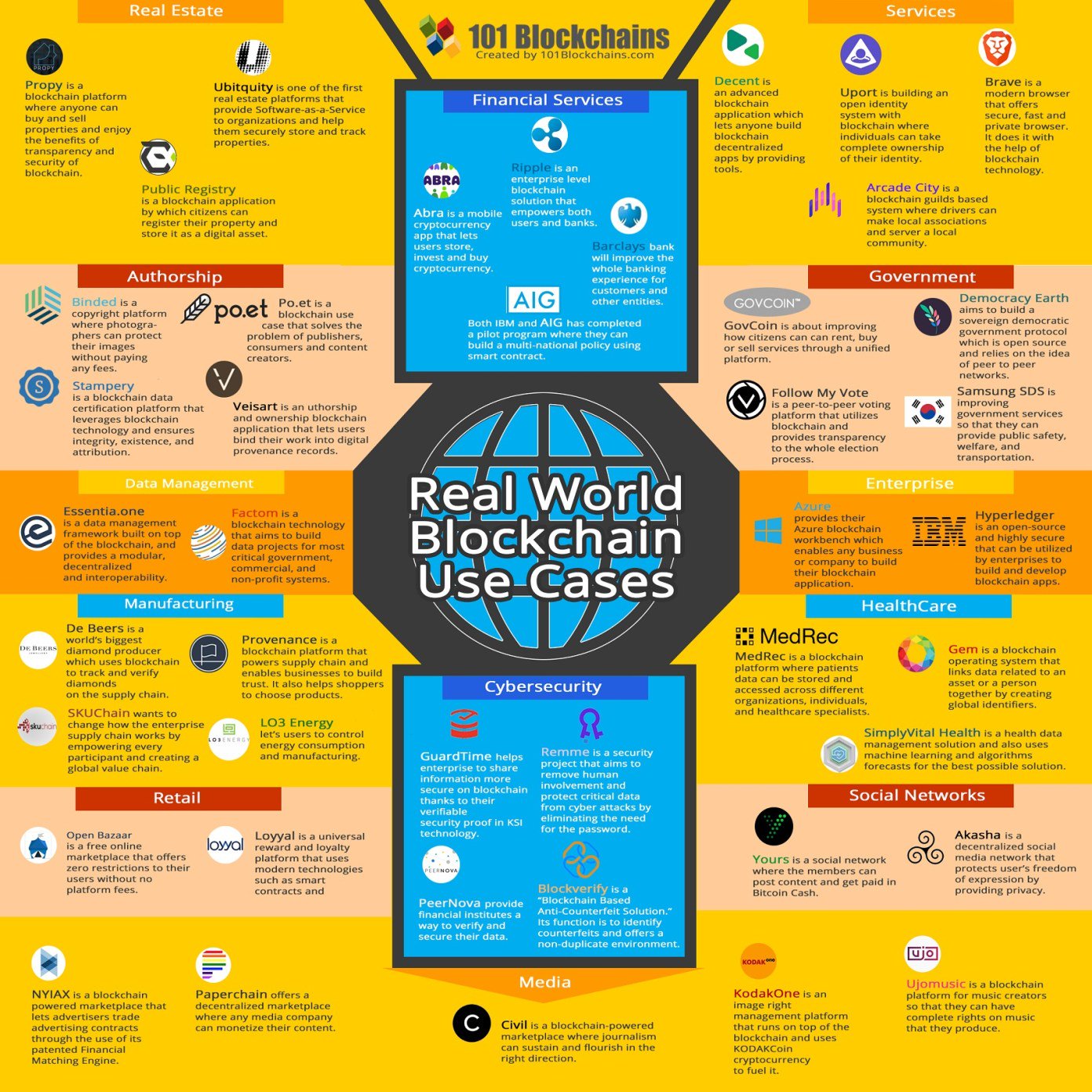My article in BrandsIT dated September 28th, 2018.
Once people began to conduct transactions over distances greater than one man carrying a bag could travel, or that included more stuff than the bag could hold, a third-party (that people on both ends of the transaction trusted) became necessary.
This is how we got money (with the trusted third-party the sovereign backing it), banks, and a financial system viewed as too big to fail… but which sometimes did.
Blockchain technology stores and transmits information on transactions conducted on the internet. A block contains information on a specific number of transactions. Depending on the network’s capacity, a new block of data is created every so often, and then another, and another, and so on, creating a kind of chain – a blockchain. The blocks are linked through complex mathematical algorithms.
A blockchain records and stores all the transactions concluded, along with information about them – the date, time, and parties to any transaction. Each node within a network (and there are tens of thousands of nodes) possesses a full copy of the blockchain in the form of a transaction ledger. Using complex mathematical and cryptographic rules, all transactions are verified by so-called miners, who also are responsible for creating new blocks. Additionally, the nodes within a network verify in an automatic and continuous manner both the transactions concluded and the entries in the transaction ledger. An attempt to cheat by modifying a concluded transaction, or entering an unauthorized one, will be foiled because the modification or fabrication won’t match the transaction records in the network ledger. So, it will be rejected.
All transactions recorded on the blockchain are public, while thousands of nodes simultaneously validate that a given transaction took place on day X at time Y. The blockchain itself – inhuman, disinterested, unable to forget – is the trusted third-party, affording all parties access to a single source of reliable and verified information.
Sounds good, doesn’t it?
That’s why we care about blockchain.
Transaction is information
Right now, blockchain technology can be applied to support many transactions (trade, currency, shares, stocks, and even electric energy). And work is now underway to use the blockchain as a ledger for banking, document certification systems, and digital signatures in public administration and notarial records. Theoretically, all these transactions could be concluded outside the system that has been in operation for many centuries, i.e., without institutions, and directly between the parties to a given transaction.
Of course, when most people think of blockchain today, they think of cryptocurrencies like Bitcoins and Ethereum and Litecoin. That’s hardly surprising, as Bitcoin’s market ups and downs are breathlessly reported, sometimes on the front pages of newspapers. In fact, there are more than 800 cryptocurrencies traded on different stock markets… and they are just the tip of the blockchain iceberg. Lying beneath the water is the fact that technologies such as blockchain will allow small organizations, and even private individuals, making relatively small capital investments, to disrupt the global economic system by making p2p transactions moresecure, reliable, and useful than the traditional trusted third-party.
That’s a revolution, no more, no less.
The future is… maybe not yet
This is not to say the blockchain is the key to creating a decentralized financial system that will cover all humanity independent of governments, financial institutions, banks, intermediaries, and stock markets – a system too big to fail that won’t. But the current level of advancement of the blockchain, as well as the cryptocurrencies and innovations based on it, lead us to believe that we are on the path to creating just such a system.
The nature of blockchain technology (which is open source) will enable us to modify it as needed. (Perhaps some of its control and reconciliation elements will prove to be redundant.) Trade processes and information exchanges may become more transparent, faster, and considerably cheaper. It may no longer be necessary for governments and businesses to bear the costs of supporting a complicated global financial system, nor may people need to put their trust in anything other than the blockchain’s ones and zeroes – which are pretty trustworthy.
Public trust institutions such as banks, stock markets, and intermediaries in financial transactions see the enormous potential of blockchain technology, as well as its disruptive energy. They will need to transform themselves or find themselves facing competition from organizations outside the ever-changing and evolving FinTech industry.
And that will be novel and, even better, unpredictable.
Link to the full article (in Polish)
Related articles:
– Only God can count that fast – the world of quantum computing
– Blockchain – the ultimate financial crash
– Blockchain – the Holy Grail of the financial system?
– What is blockchain? All you need to know
– What are the bitcoins? All you need to know
– Blockchain has a potential to upend the key pillars of our society










Oniwaban
you think that this is a matter of 2-3 years or we need to wait like 5-10 years for bots’ improvement? I used bots in a financial industry (as a customer) several times and it always ended with a need of human support.
AndrewJo
The vision of a quantum internet is to fundamentally enhance internet technology by enabling quantum communication between any two points on Earth. Such a quantum internet may operate in parallel to the internet that we have today and connect quantum processors in order to achieve capabilities that are provably impossible by using only classical means. Here, we propose stages of development toward a full-blown quantum internet and highlight experimental and theoretical progress needed to attain them.
TomHarber
What exactly is USD backed with? We’ve been a country for not very long. Look at Zimbabwe and Venezuela they’re currency is essentially useless and the same can happen to our country. The argument goes both ways regardless.
TommyG
by anyone, there’s no restriction like a bank. There are no arbitrary rules. It could be on a bank holiday. It could be for .0000318 cents. It could 100 million. For better or worse. it could be a 5 year old kid. Yes it could be a terrorist too. But it could be someone without an identity (what’s being called the unbanked of the developing world).
…or it could even be a piece of software. a robot. A fridge can have a bank account (IOT). An autonomous car. For the first time something that is not alive can “own” money.
Zidan78
Not only fin sector. Example: TradeLens — a blockchain based shipping solution developed by IBM & Maersk, 94 participants & 20 ports and shipping terminals, +150 million shipping transactions already on blockchain.
Norbert Biedrzycki
Real blockchain use cases @101Blockchains
SimonMcD
And the list of diruptors and disrupted is so much longer… the disrupted such as AOL, Blackberry, Nokia, Kodak, Postal Services, Recruiters, Greeting Cards, SMS,… everything will become cloud managed edge such as autonous cars, SDN networks, Industrial Automation, connected sensors and augmented by AI.
TomCat
Beeing smarter and more innovativ than others is a good start to success.
But exploiding your workers, not taking any responsibility for a fair income or retirement, not paying taxes etc etc but just beeing interested in optimizing profits whatever it takes is something those companies have in common.
Something very similiar happens when MLM pyramids come to a country.
Lecture: not every successfull company is a company we should admire and justify. Better think twice!! Just have a look at the founders and leaders and their ethical and moral standards. For me thats way more important than how much money they make.
Zoeba Jones
I agree that being customer centric is the key to any successful business, but I totally disagree with the reasons that killed those businesses. Amazon isn’t killing other retailers only because of customer service. There are plenty of retailers that do outstanding customer service that struggle without an Omnichannel strategy. Amazon is a powerful marketplace. Similar arguement could be used for Airbnb and Uber. It’s a simplistic way of saying something obvious.
John McLean
100% absolutely true.
Norbert Biedrzycki
Thank you
DDonovan
Money is arguably one of humanity’s most important inventions. From beaver pelts to gold bars, the form and function of money has constantly fluctuated throughout history. In the modern world, the definition of money is blurrier than ever. Central banks have opted to create trillions of dollars of currency out of thin air since the financial crisis – and on the flipside, you can actually use blockchain technology to create your own competing cryptocurrency in just a few clicks. Regardless of what is money and what is not, people are borrowing record amounts of it.
TommyG
The tech invasion is leveraging connectivity, network effects, artificial intelligence, and unprecedented scale to create global platforms that are almost impossible to compete with. The tech invasion has already taken over retail and advertising – and now invading forces have their eyes set on healthcare, finance, manufacturing, and education.
AndrewJo
Looking forward
John Accural
For financial services companies, that means utilizing AI-enabled chatbots that can handle the wave of customer service inquiries that businesses have to handle on a daily basis. The most simple forms of AI have already been in place for years, in the form of voice recognition on automated customer service hotlines but with the move from customers towards live chat, AI will play an increasing role in customer service through the use of chatbots.
Adam T
Fintech and Insurtech
Adam Spikey
It’s not only about DLT. We should also look at historic transitions. For example,
– 300 years ago 90% or more of all people lived on a farm. Today less than 2% do in developed countries. Have we all stopped eating? No, rather we can all afford to get fat, which is truly a big change in history.
– 100 years ago manufacturing was hard physical work that took many people. Today it takes very few, yet we product many times more goods, because the tools have increased in capability. This has given us all incredible material wealth, historically speaking.
John McLean
Blockchain holds multiple advantages over conventional currency and has been hailed by critics and proponents alike as a more efficient way to transfer information. This is due to the unique way that blockchain records transfers on a ledger and thus reduces the possibility of a “double spend”, the idea that a token or unit of currency can be spent more than once. Whilst individual digital wallets or exchanges have been hacked, the problems have been due to poor coding and a lack of awareness of or focus on cyber security. The problems found at SWIFT, a worldwide major financial transaction system, however, are much more alarming. Tens of millions of dollars have been stolen each year from the global financial system since 2015 and this failure comes from the nature of the system relying so heavily on trusted central authorities.
On top politicians have frequently put the interests of the few ahead of the interests of the many or simply been inept at running an economy. As a result, corrupt politicians in places like Venezuela and Zimbabwe have ruined their economies.
TomK
and even lots more that this
Jacek Krasko
According to Gartner:
“China and the US will be neck-and-neck for dominance of the global market by 2025. China which will account for 21 % of global AI power, ahead of the US on 20%. However, the US wins in terms of AI revenue (22 % vs 19 %). The third largest market is predicted to be Japan with 7 %”
As regards the number of Industrial AI market:
A new report from GSMA Intelligence forecasts that China is poised to lead the global Industrial AI market and could have as many as 4.1bn of the 13.8bn global AI Reve estimated to exist by 2025.
TommyG
and because it is an open network it’s like the internet. Some geeky teen in a garage can connect to it, build something on it…play with it. You cannot do that on HSBC’s protocol. It’s not so much “money for the internet” but rather the “internet of money”.
Karel Doomm2
Norbert. We are not in a position to determine what is a human in the future. I think it is fascinating that we can press the boundaries of what science will allow scientists to build. without any regard what this means to humanity and the real life consequences. The danger of this recipe at hand is the following: 1) scientists/technologists have been given free reign on defining the future of humanity; 2) companies that do not want to be regulated writing papers to influence politicians that are unaware of steering policy. I think if you put some of these scientists/technologists/politicians in a room with Mohammed, Jesus, Moses, Buddha, and other religious leaders they may leave the room thinking differently. These companies can stand outside of their corporate facilities smiling and showing what great things they are doing for humanity well we should have a governance committee backed by international laws determine if that is the case.
Two videos that are helpful as we think about advocating for governance and law:
Ronald Dworkin -Law: https://lnkd.in/eSn4_c3
Murray Gell-Mann- Science/Tehnology: https://lnkd.in/ezfT_ZD
Simon GEE
A leader cannot be successful if they do not know how to communicate effectively – but there are also many other qualities which they need. Leaders need to show, not just tell. Even Richard Branson said,” Communication is the most important skill any leader can possess”. Most problems can be solved with some good, honest and open conversations. But if you are a leader your communication skills are absolutely vital to also inspire your employees, keep them happy and engaged and dazzle your customers and investors.
TomHarber
Thought provoking article… My view is ‘data’ leads to ‘information’ which leads to ‘insights’ that helps ‘business take decisions’ that ‘impact’ our lives ..indirectly or directly as ultimate ‘end consumers’. This has been existing since the start of barter system…fundamentals of our ecosystem.
Just that …now its uncomfortably growing volume, variety, velocity and veracity of data…therefore there is more vulnerability. Hence ‘applicabilty governance’ shall be key to a meaningful future ..with ‘data’ causing the successful scientific revolution!
Andrzej_Ko
🙂 Great read